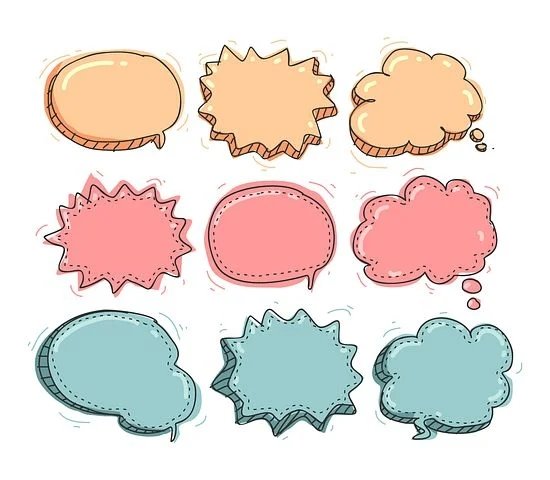Humans are social beings, inherently so. It is unsurprising then, that mental disorders most times stem from some sort of disruption of normal social behaviors.
In the very core of social behavior, is our interaction with other humans, our ability to cultivate and maintain relationships with them. These relationships are further considered friendship. The individual(s) with whom we share this type of relationship, we call friend(s).
Britainica, a standard virtual dictionary defines the term "friend" simply as a person who we like and enjoy being with.
Now the relationship between two friends is generally referred to as friendship. Lauren Berger/Britainica says "friendship is a state of enduring affection, esteem, intimacy, and trust between two people." It says too, that " In all cultures, friendships are important relationships throughout a person’s life span."
This rendering does add a little more intensity to the word 'friend'. It highlights how widespread the concept of keeping friends is and for how long during a persons life, it says "life span"
Still more and more people believe less in the idea of friendship or they do not appreciate the concept of keeping friends. Half the time, this disinterest in making or keeping friends is rooted in not very positive experiences that they have had with the people they have tagged "friends" in the past. Betrayal in small scales and large scales enough to break family bonds, ruin years of hard work and threaten or very sadly take a person's life have been outcomes of bad friendships. It is for this reason that it is important that we take very seriously the unavailable job of keeping good friends.
Among other things, keeping friends is a healthy thing to do. We feel less alone and enjoy companionship and support when we have good friends.
Other benefits of keeping good friends are to:
Improve our sense of self
Improve our habits or develop new ones.
Reduce stress and give us a sense of belonging.
Give emotional support
Improve our sense of self;
When by ourselves, it is easy to think that we are not doing enough or as much as we should be doing. When we have good friends, they help us celebrate our success from small to great.
Improve our habits or develop new ones;
When we struggle to get rid of bad habits alone, we feel lonely and we sometimes feel that we cannot succeed. But friends support our efforts to grow and remind us how far we have come. And most times that little look at the beginning is what we need to keep going.
Reduce stress and give us a sense of belonging; When working or just engaging in any activity by ourselves, we have the tendency to give into our insecurities. But when we are engaging in an activity with our friend we see out energy and creativity bloom. This helps us feel less stress and helps us excel at what we are doing.
Emotional support;
Good friends listen- really listen to our problems, they validate our feelings and when we feel sad or upset, they try to distract us from it or make us feel better by doing very nice things for us. This is important because it helps us feel emotionally safe, and that could very greatly improve the quality of our life as well as our general outlook of life.
Good friends further presents us the opportunity to give and experience the beauty that comes with giving as we receive. This helps us feel wanted and safe.
When the greatest war we fight is ourselves, good friend(s) is how we become victorious



